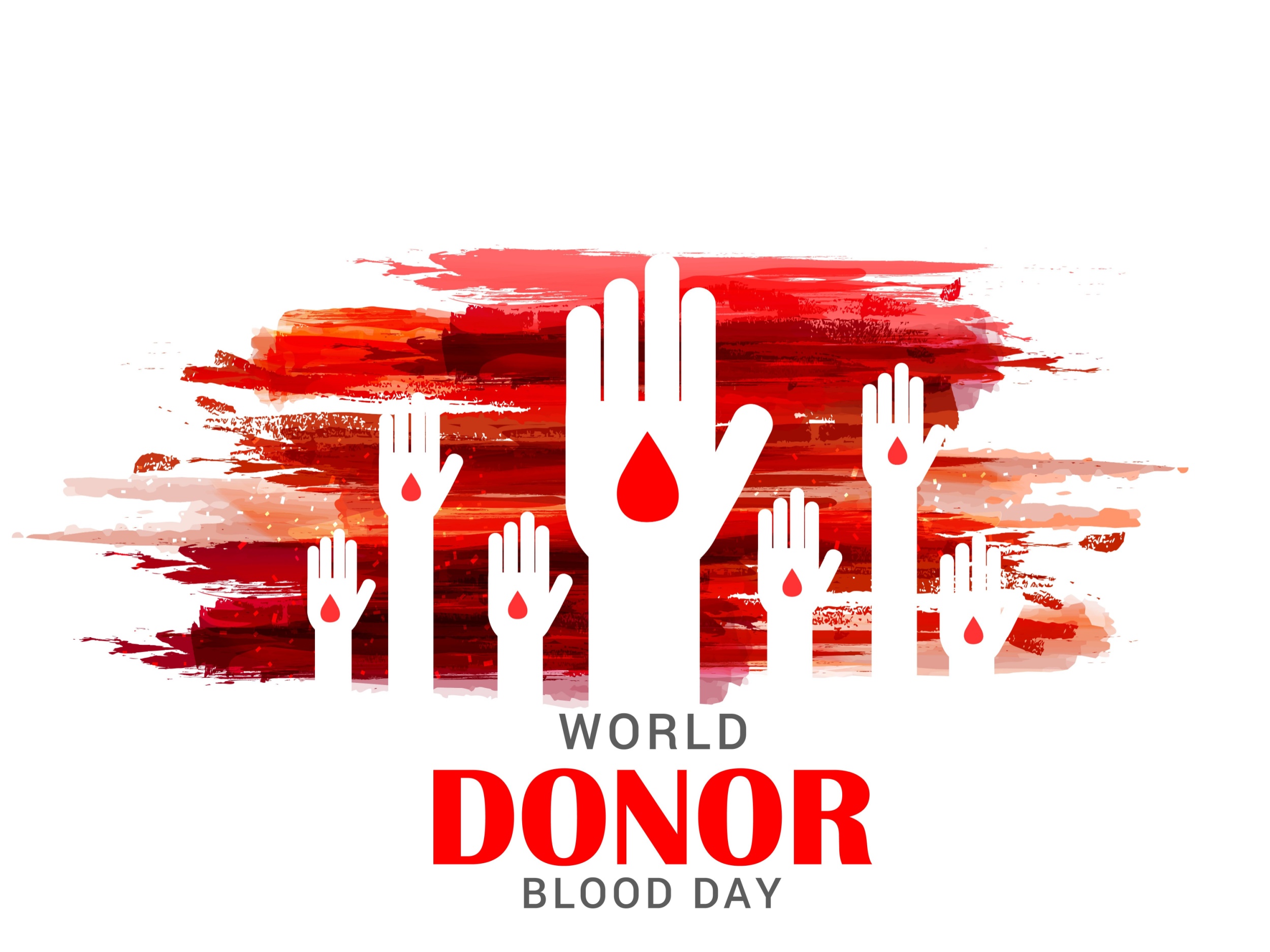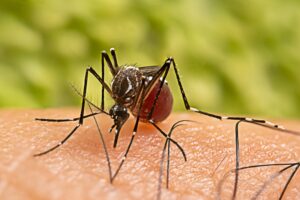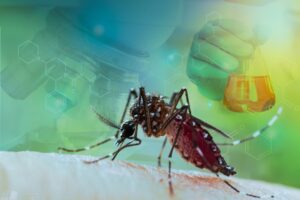
WORDS DR FARZANA RIZWAN & DR IMAM SHAIK
FEATURED EXPERTS
| DR FARZANA RIZWAN Senior Lecturer School of Medicine Faculty of Health & Medical Sciences Taylor’s University |
DR IMAM SHAIK Senior Lecturer School of Medicine Faculty of Health & Medical Sciences Taylor’s University |
Blood transfusion is a lifesaving medical intervention for patients undergoing complex surgeries, experiencing blood loss due to trauma or childbirth, suffering from chronic illnesses and blood disorders, and even during cancer management.
VOLUNTARY BLOOD DONATION PROGRAMMES ARE CRUCIAL FOR MAINTAINING A SAFE AND ADEQUATE SUPPLY OF BLOOD AND BLOOD PRODUCTS
- That said, currently only 2.2 % of Malaysians donate blood in a year, compared to 3.5–5% in the developed countries.
- The pre-pandemic blood donation rate was 22.8 donors per 1,000 people, which declined to 19.7 to 22.5 donors per 1,000 population between 2020 and 2022.
- However, the demand of blood and blood products has increased due to a rise in motor vehicle accidents and the increase in the number of transfusion-dependent patients.
According to our Health Minister Datuk Seri Dr Dzulkefly Ahmad, the country needs more blood donors to maintain a ‘safe zone’ of blood stock to meet the nation’s daily demand of at least 2,000 blood bags.
The Ministry of Health targets 35 to 40 donors per 1,000 population by 2030.
HOW CAN WE ACHIEVE THIS TARGET?
- Young people 17 years old and above are urged to come forward to help achieve this goal.
- The community needs to choose the right direction, have a positive mindset, and move away from the myths and negative perception surrounding blood donation.
- Seek guidance from the good practices that are in place in other countries. For example, we can focus more on ‘targeted recruitment’ to obtain donations from specific ethnic groups if there are certain blood groups that are difficult to find in others.
- Adopt innovative methods of education and engagement of young students to promote school-, college-, and university-based blood donation drives.
- The use of mobile apps to facilitate online bookings, reminders, re-scheduling, and appointment cancellation systems provides convenience to the community. The use of mobile technology in tracking the donor eligibility and getting donor feedback would be helpful to make blood donation experience more pleasant and smooth.
DO YOU KNOW THAT DONATING BLOOD CAN ALSO BE GOOD FOR YOUR HEALTH?
- Improves blood circulation to your tissues and organs.
- Maintains iron balance—the difference between the amount of iron taken up by the body and the amount lost—in the body.
- Reduces the risk of hardening and narrowing of the arteries from the accumulation of iron in the artery walls.
- Reduces the risk of heart attack by reducing arterial blockages.
- Reduces excessive iron in the blood and decreases the risk of certain cancers. Iron is a source of cancer-causing free radicals, which can damage cells and alter their functions.
- A therapeutic phlebotomy—a procedure to reduce the excessive iron and number of red blood cells in the body—for individuals with blood diseases such as hereditary hemochromatosis, polycythemia vera, and other rare conditions.
Additionally, there are many medical privileges offered to donors in Malaysia, such as free outpatient treatment and hepatitis B vaccination, among others.
BECOMING A BLOOD DONOR IS A SIMPLE WAY TO CONTRIBUTE TO YOUR COMMUNITY
Check with local hospitals or blood donation centers to find out where and when you can donate your blood.





